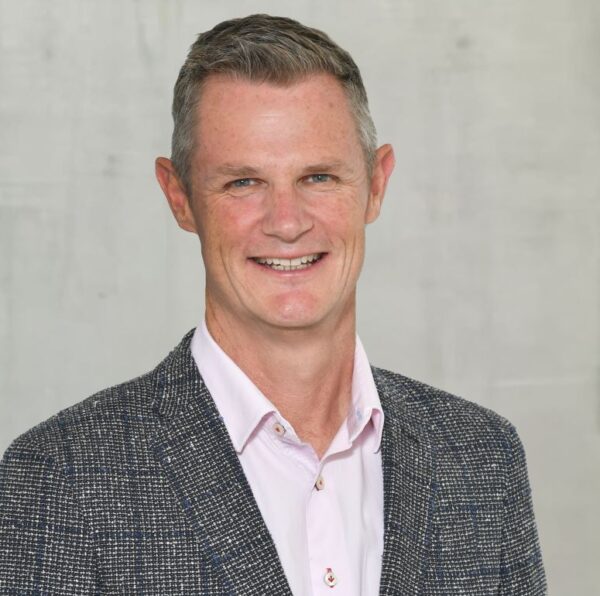What prompted you to seek work outside New Zealand?
Initially it was matter of academic opportunity. I had done research work in New Zealand that led to fellowship at the John Hopkins School of Public Health in Baltimore. As postdoctoral fellow and then visiting assistant professor, I carried out preventative mental health research there but returned to New Zealand when my visa expired. Then in 1996, I immigrated to the US to join the faculty at Harvard Medical School’s Department of Psychiatry as assistant professor of psychology and stayed on, becoming US citizen in 2006.
Can you provide sketch of your current role?
I founded the medical market research and consulting company Observant LLC with my partner Rich Durante in 2003 and we were joined by third partner, Erik Coats, last year.
As CEO, my role is to provide strategic vision and direction for the firm, ensuring we stay on top of major trends in the US and worldwide pharmaceutical and biotechnology industries, and that the firm’s value proposition to those industries is engaging and needed. critical role at present is managing growth in way that ensures we have the capability to serve multiple clients effectively, without the loss of in-depth client engagement. Observant LLC has grown rapidly from its inception and is now full-service preferred research supplier to several Fortune 100 pharmaceutical firms, and smaller biotechnology companies developing innovative products.
How does it fit into your career path?
Throughout my academic research I was always focused on the potential application of theoretical findings. In 2000, wanting to become more applied in my work I joined marketing consultancy in Boston and helped grow its pharmaceutical practice. consistent theme in my work as an academic and as consultant has been to better understand deep-seated motivators and drivers of behaviour. I really enjoy the challenge of pushing the limits of conventional approaches to research in an effort to truly understand why people behave the way they do – and to develop strategies to produce change in these individuals, organisations, or populations.
What are its main challenges?
One of the biggest challenges the pharmaceutical industry is facing is how to capitalise on the rapidly increasing wealth of genomic data becoming available. Although the era of “personalised medicine” is some way off, eventually the methods by which therapies will be delivered to individuals and populations will be truly transformed. In my industry – marketing research and consulting traditional market research approaches factoring self-reported and observed phenotypic descriptors (what people are like and how they behave) into product development and market forecasts will be inadequate when the promise of the “$1000 genome” comes to fruition. An exciting challenge for our firm is to understand the implications of this trend and develop market research methods and models to effectively capitalise on the understanding of individual’s genotypes.
How do you view New Zealand both as country and business entity from where you stand now?
I mix in very wide circle of people here in the US, in the worlds of business, academia, and public policy. When introduced as New Zealander, people invariably respond with two conversational starters. “Oh, I hear it’s so beautiful there, I’ve always wanted to go…” and/or “Oh, I know another New Zealander [living in New York/San Francisco etc], he/she are so smart and nice – and doing really well – do you know them?” This continually reminds me that New Zealand’s key export to the world is not timber or lamb but highly trained individuals who make major contributions to their new homes. In some ways I think New Zealand policy makers fail to appreciate that the draw of the environment and lifestyle opportunities ‘back home’, for some, does not offset the simple realities that the cost of living in New Zealand is high and the country does not adequately compensate and reward those folks who have the potential to be leaders in the world’s scientific and academic arenas.
What sort of ongoing contribution would you like to make to New Zealand’s economic/social welfare?
I would love to see more effective partnerships between US and New Zealand business entities, so that top-flight scientists and product developers in New Zealand can remain there but still reap the rewards of their intellectual capital – leveraging the power of large US markets and distribution channels. As market researcher, I would like to become more engaged with New Zealand innovators in the biotechnology space, and assist them in presenting their product ideas to the world in ways that maximise their likelihood of success.
•Michael Feehan is member of KEA, New Zealand’s global talent community – www.keanewzealand.com











